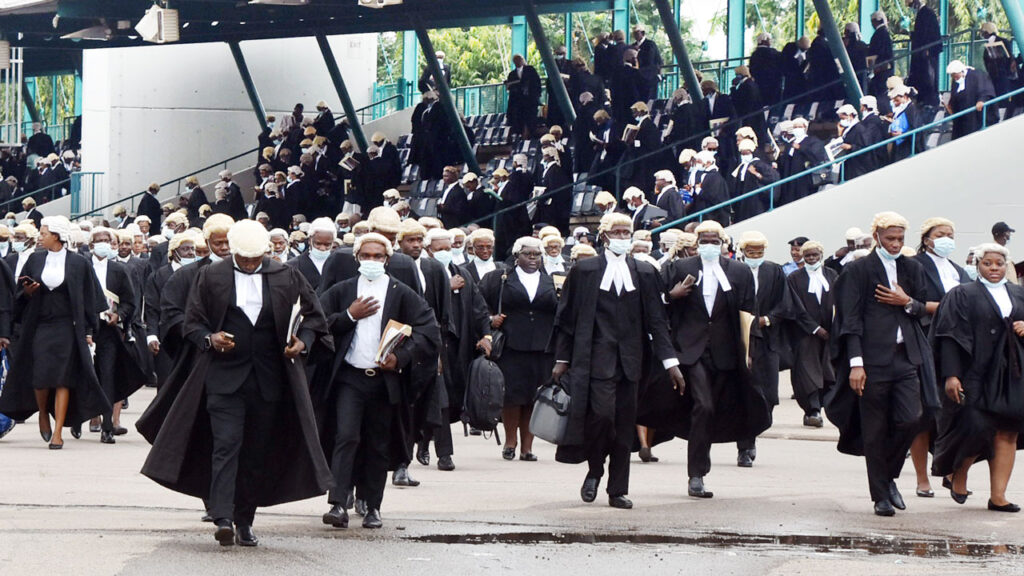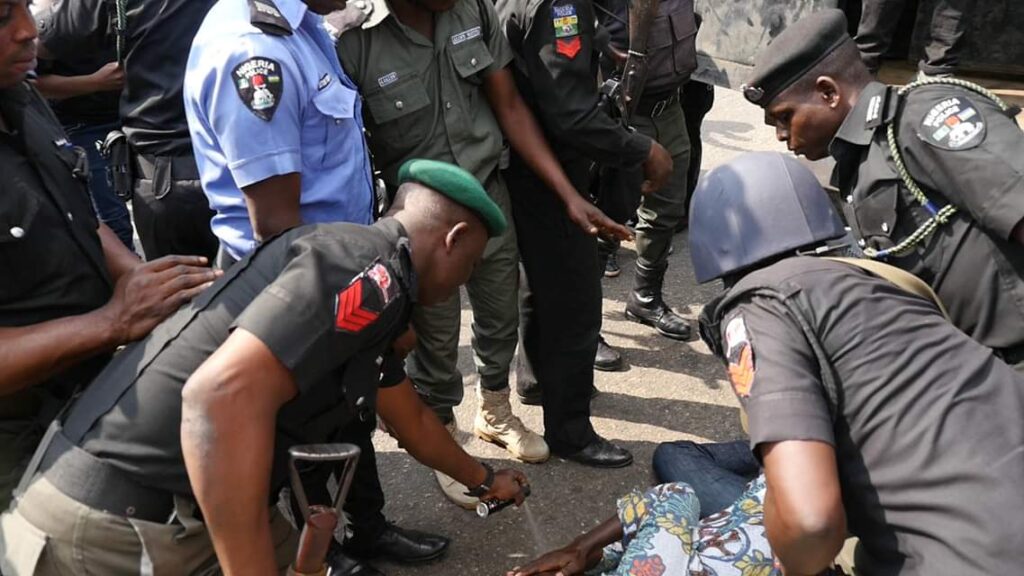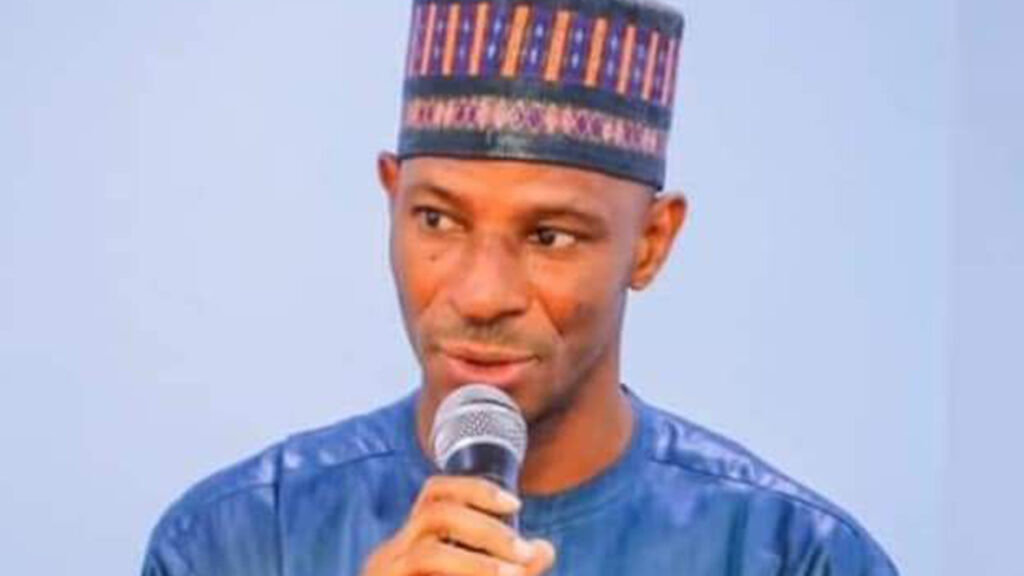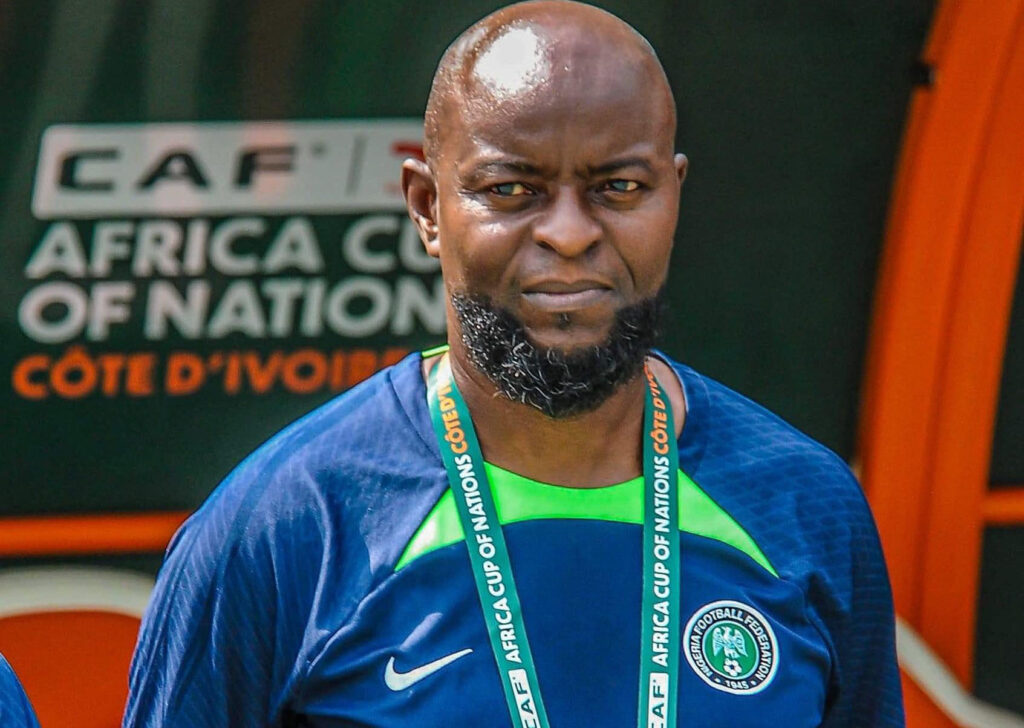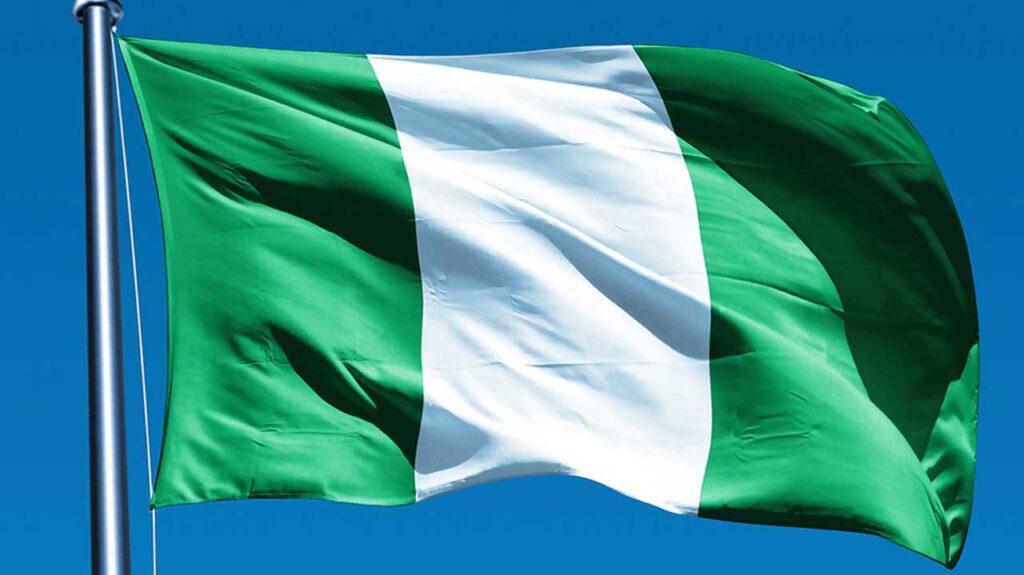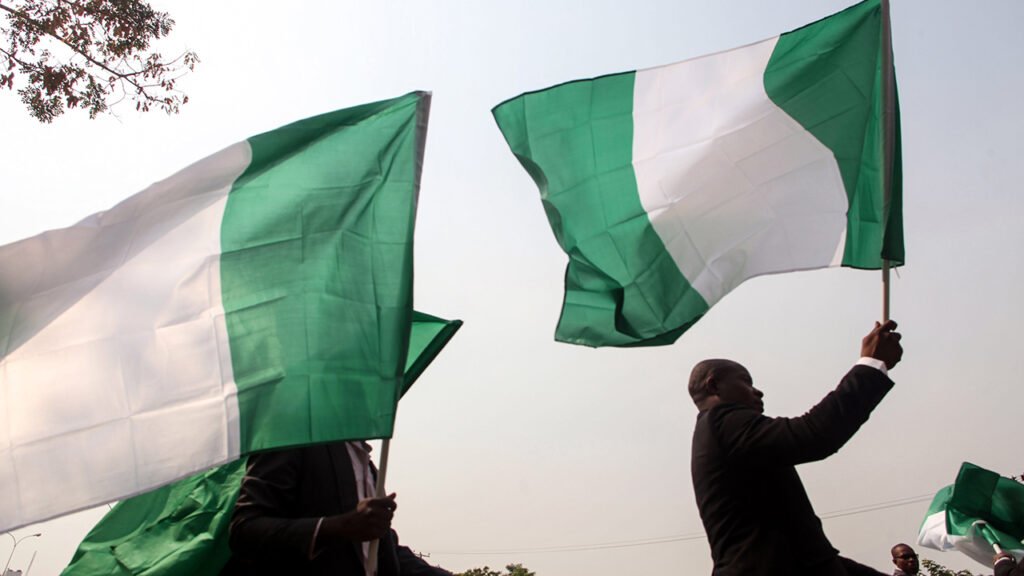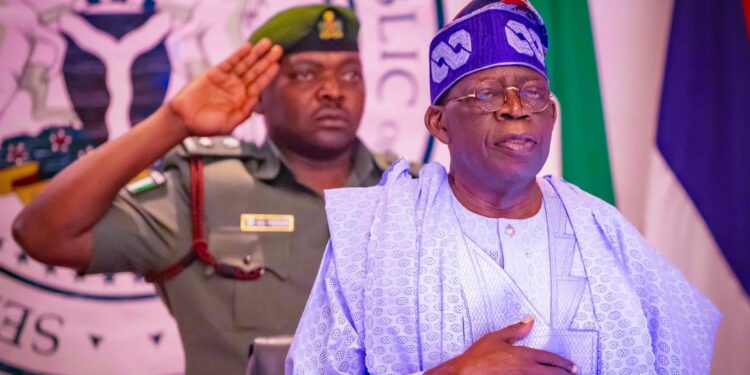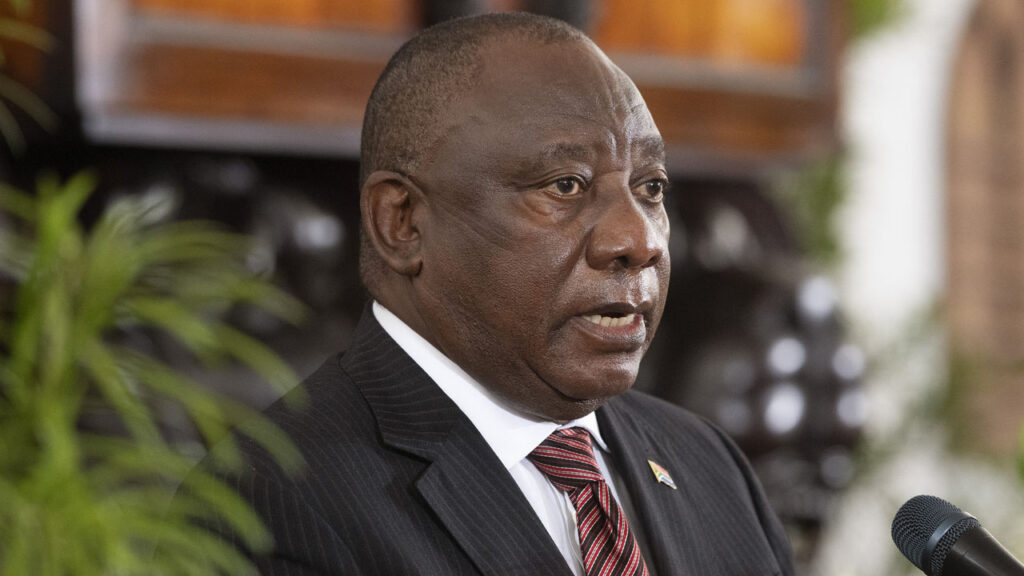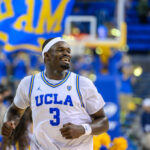
On-going legal tussle over the formation of a law society to co-exist with the Nigerian Bar Association (NBA) is first a reflection of possible unsatisfactory performance of the NBA to some of its members; and second, a test of the constitutional rights of Nigerians to freedom of association. The two issues have far-reaching implications for the NBA and its members nationwide.
Impelled by their desire to form a professional association of lawyers to promote noble ideals, some senior lawyers sought to register a professional association of lawyers named the Nigerian Law Society (NLS). However, the Corporate Affairs Commission (CAC) Abuja, acting on the prompting of some senior officers of the NBA, refused to register the NLS under the pretext that it is in conflict with the already existing name NBA. Following this refusal, promoters of the NLS have dragged the CAC to court seeking, among other things, declarations that the refusal of the CAC to register the NLS is unlawful, illegal, and unconstitutional. The promoters argued that the name NLS is dissimilar to the name NBA and therefore could not mislead the public.
In her judgment, Justice Gladys Olotu of the Federal High Court, Abuja, granted all the reliefs sought by the promoters of the NLS and ordered the CAC to approve the registration of the NLS. However, dissatisfied with the judgment, the CAC has appealed against it, stopping the promoters from executing the judgment until the determination of the appeal.
No matter the party that wins eventually, caution must be exercised in order not to infringe on the right to freedom of association of other lawyers as enshrined in sections 39 and 40 of the 1999 Constitution and Article 10 of the African Charter on Human and People’s Rights. Notwithstanding the membership of the NBA by all Nigerian lawyers, the 1999 Constitution and the NBA Constitution have accorded recognition to other associations of lawyers with common interests across the country. For example, associations of lawyers such as the Arewa Lawyers Association, Otu Oka-iwu, Eastern Bar Forum, Egbe Amofin, Federation of Women Lawyers, National Association of Democratic Lawyers, Pan African Lawyers, West African Bar Association, the African Bar Association, and others which have been registered and have co-existed with the NBA. Thus, the right to form any association for the protection of the interests of professionals is guaranteed under our laws. To the extent that these associations of lawyers are allowed to operate within the laws without hindrance, it would seem that the promoters of the NLS have a right to form another national lawyers’ association. In other words, the members of the NBA cannot preclude lawyers from exercising their fundamental rights of assembly and association by forming or belonging to another national body of lawyers for the protection of their interests in accordance with sections 39 and 40 of the 1999 Constitution and Article 10 of the African Charter on Human and People’s Rights.
Notably, the Nigerian Supreme Court and Court of Appeal have upheld, in several landmark decisions, the fundamental right of Nigerians to freedom of association as guaranteed by the 1999 Constitution and the African Charter on Human and People’s Rights. The NBA was founded in 1900 as a friendly society to protect the interests of the first generation of Nigerian lawyers, championed by the late Mr. Sapara Williams. The NBA Constitution has since been registered with the CAC as a voluntary professional body of lawyers with full and honorary membership. However, the right of lawyers to form or register other voluntary professional bodies of lawyers remains sacrosanct. No Nigerian lawyer should be compelled to belong to or remain in the NBA or any lawyer’s association against his or her wishes. In the case of Fawehinmi v NBA (No.2) and others, the courts held that membership of the NBA has not extinguished the fundamental right of lawyers to form or belong to other societies of lawyers to protect their interests. A similar principle appeared to have been applied to registration of political parties, following the refusal of the electoral body to register a particular party which then sought intervention of the court and was subsequently registered.
An omnibus association such as the NBA could be beneficial to a large number of lawyers, but that does not stop the establishment of other associations such as the NLS that could be beneficial to a small number of lawyers. The Institute of Chartered Accountants of Nigeria (ICAN), for instance, used to be the only professional body for Nigerian accountants until the Association of National Accountants of Nigeria (ANAN) was established to complement the functions of ICAN. Today, both ICAN and ANAN coexist as two professional bodies for Nigerian accountants. Rather than feel threatened by the coexistence of the NLS and other national societies or associations of lawyers, the NBA should muster the moral will or courage to live up to its bidding in order to endear itself to the hearts of lawyers. The present implosion dividing the NBA stems from the feeling of many lawyers that the NBA is no longer protecting their interests. In the past, the NBA was a force to be reckoned with in the scheme of things in Nigeria. For example, the Alao Aka-Bashorun-led NBA (1987-1989) was a thorn in the flesh of the dictatorial regime of General Ibrahim Babangida. For many years, the NBA served as the societal moral clearinghouse. Any thoughtful person who wanted some clear perspectives on the goings-on in Nigeria looked up to the NBA and lawyers for far-reaching insights.
Unfortunately, today, the NBA has lost its bark and bite. The association was recently steeped in credibility and integrity crises. Under the watch of the NBA, Nigeria has been sliding backwards counter to the tenets of true participatory democracy. On many occasions when the public expected the NBA to express its opinion on burning national issues, the NBA disappointingly remained silent. Such inaction or non-committal stance in the face of moral and political crises is not only tarnishing the good image of the NBA but also poses a great danger to the country’s fledgling democracy.
The shortest route to sustaining Nigerian democracy is the existence of a professional body of lawyers that is alive to its responsibilities. Nigerian lawyers ought to play a crucial role in promoting good governance and accountability in Nigeria. They should challenge unconstitutional actions by the government, represent whistleblowers, and advocate for transparency and integrity in public institutions. More importantly, Nigerian lawyers should educate citizens about their legal rights and responsibilities. This helps empower citizens to understand the law and how it applies to their lives, thereby fostering a more informed and law-abiding society.
Nigeria needs a vibrant and fearless Bar Association or Law Society to fulfil the aforementioned roles. If the rule of law is weak and the judiciary system is susceptible to interference and manipulation, all sorts of vices will continue to seriously threaten the country’s democracy; and presents a need for an incorruptible national body of lawyers to advocate for ways of creating a new democratic culture that not only focuses on eradicating corruption but also establishes the parameters and moral high ground within which democracy should operate..

